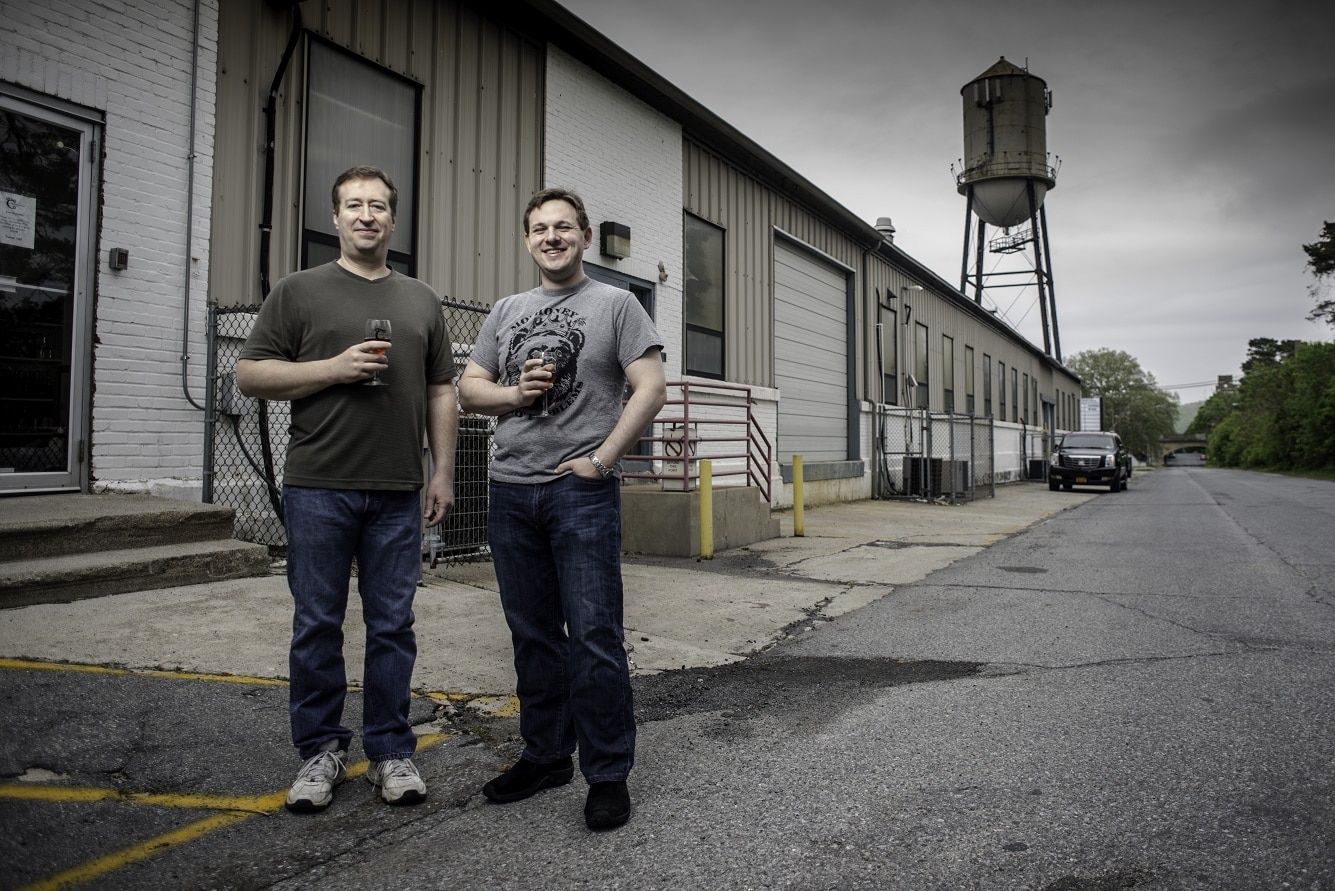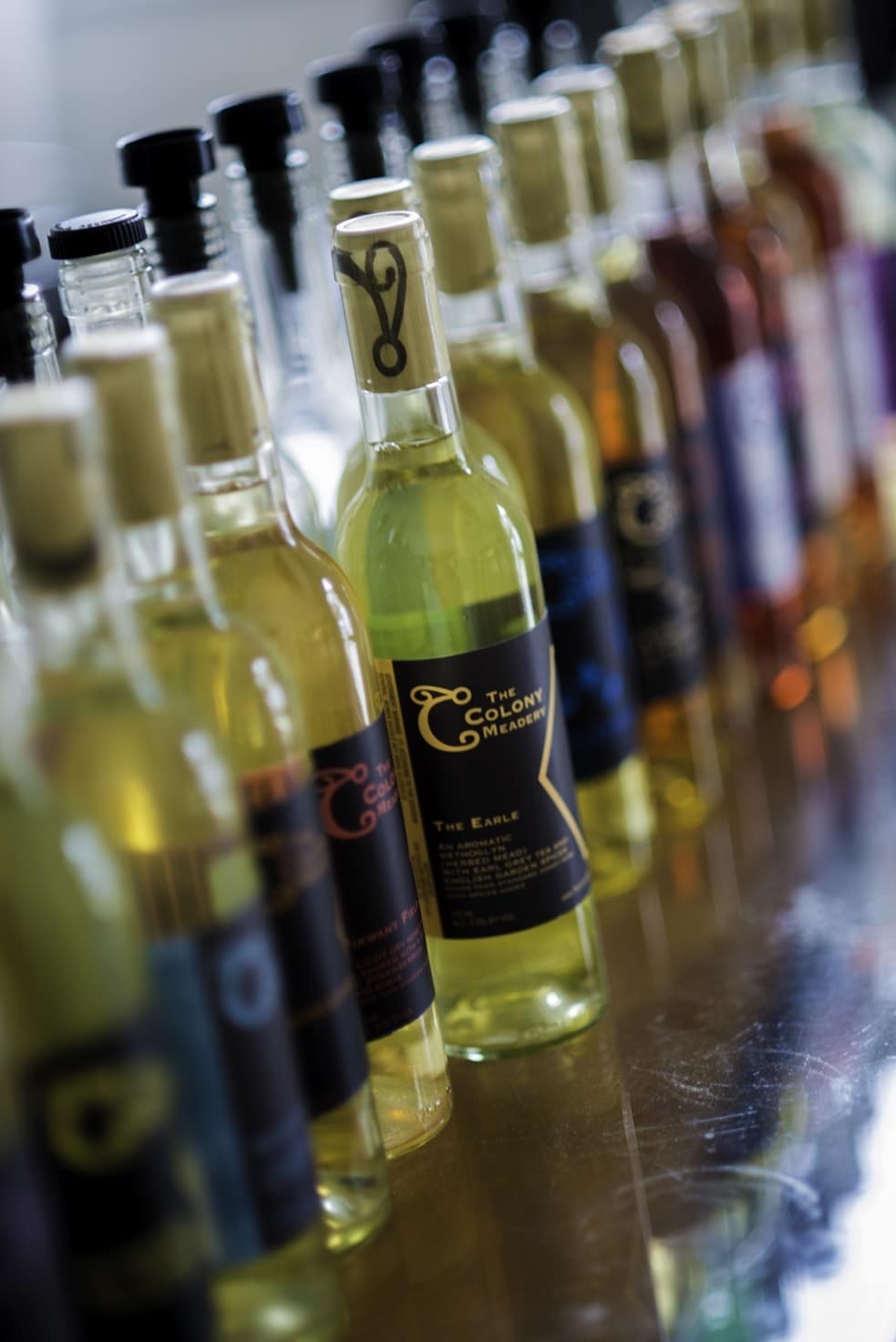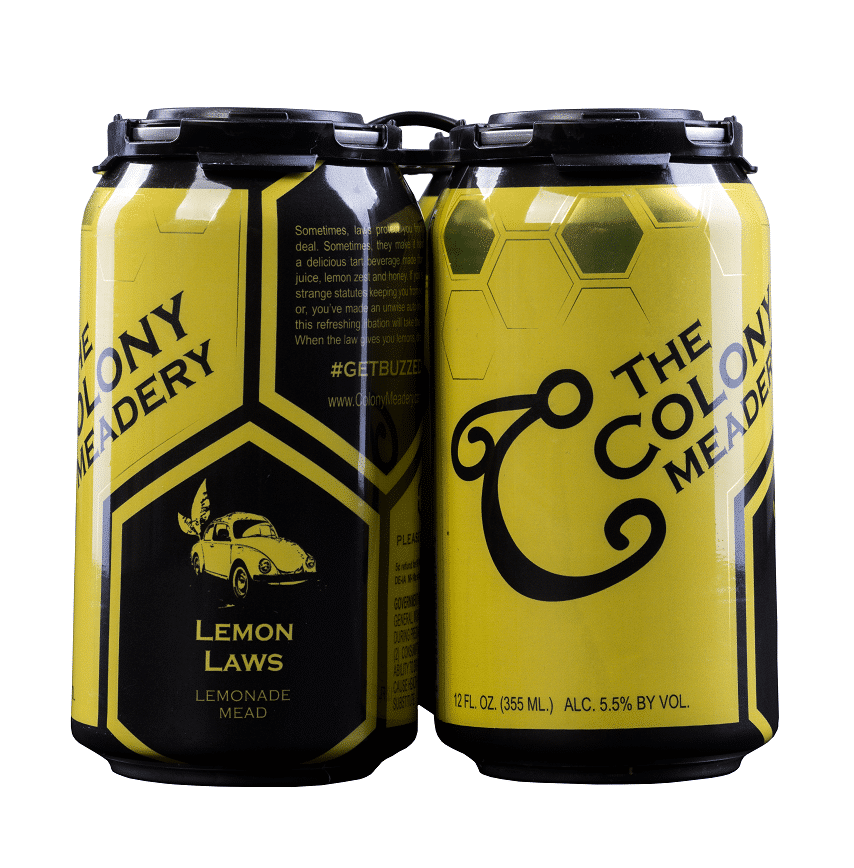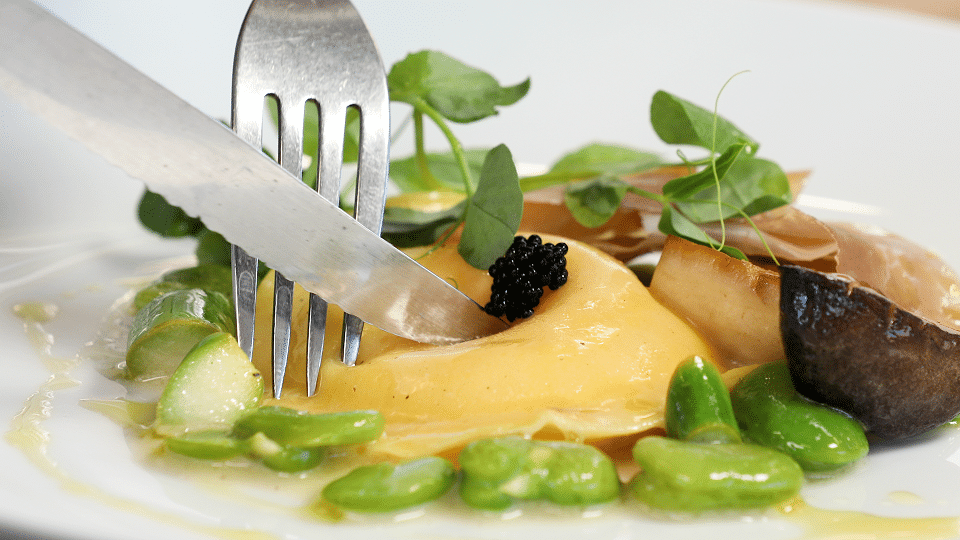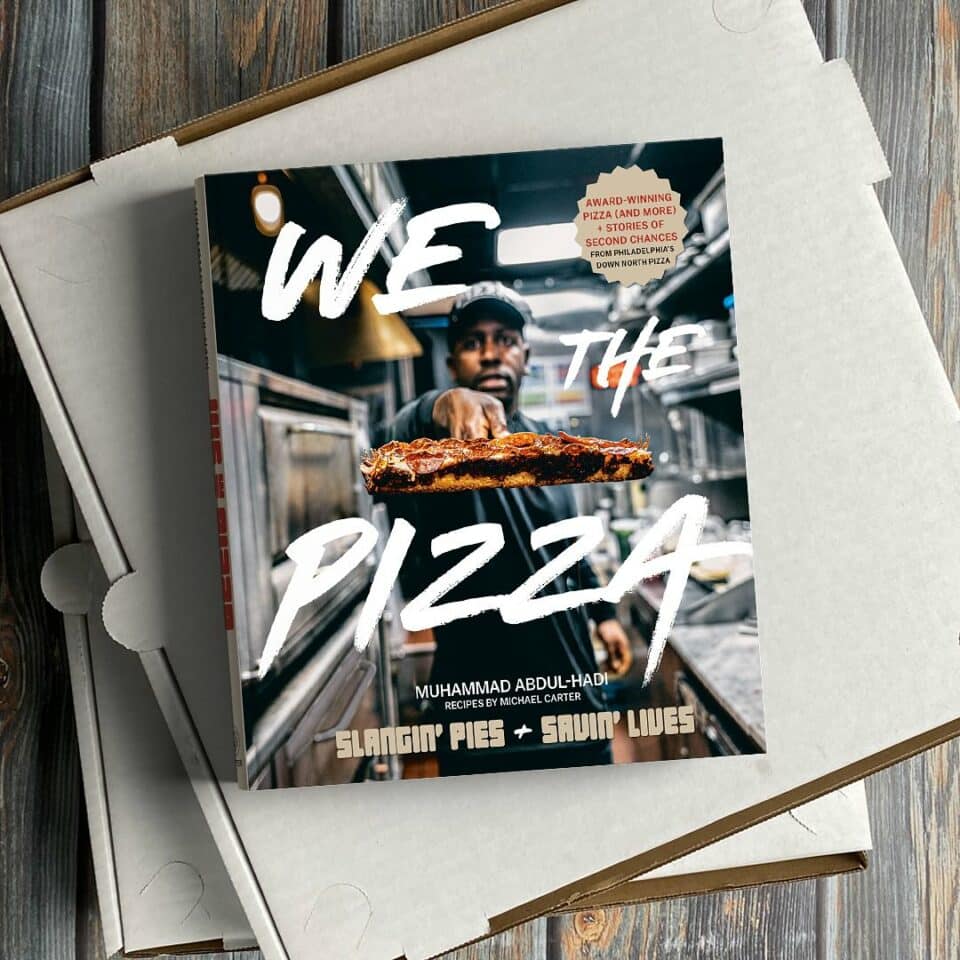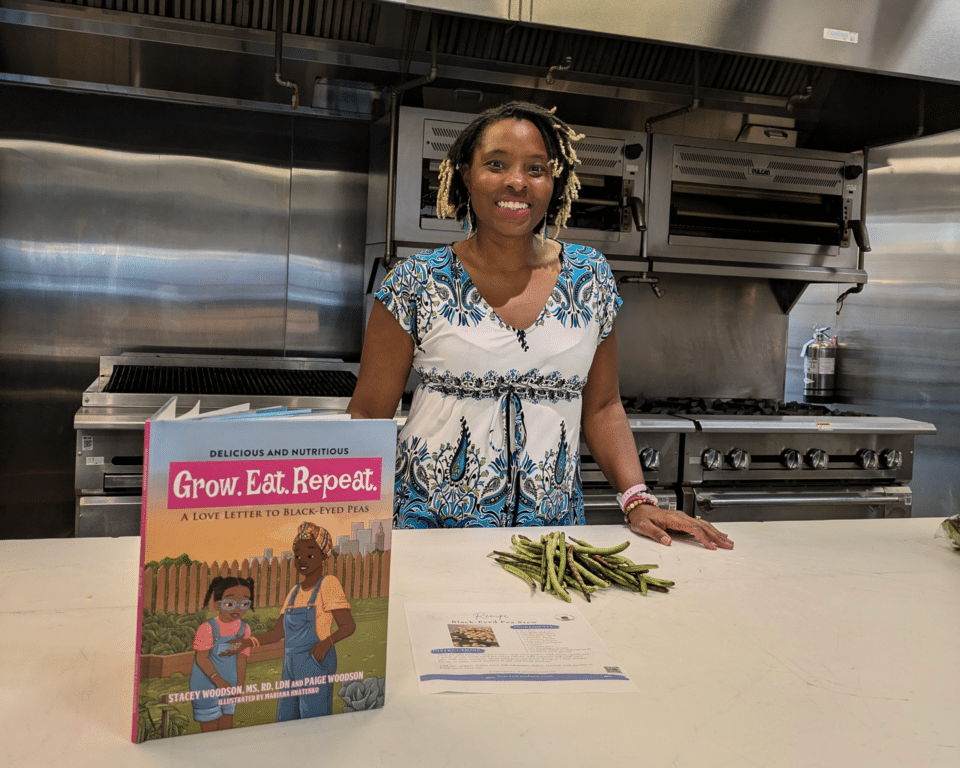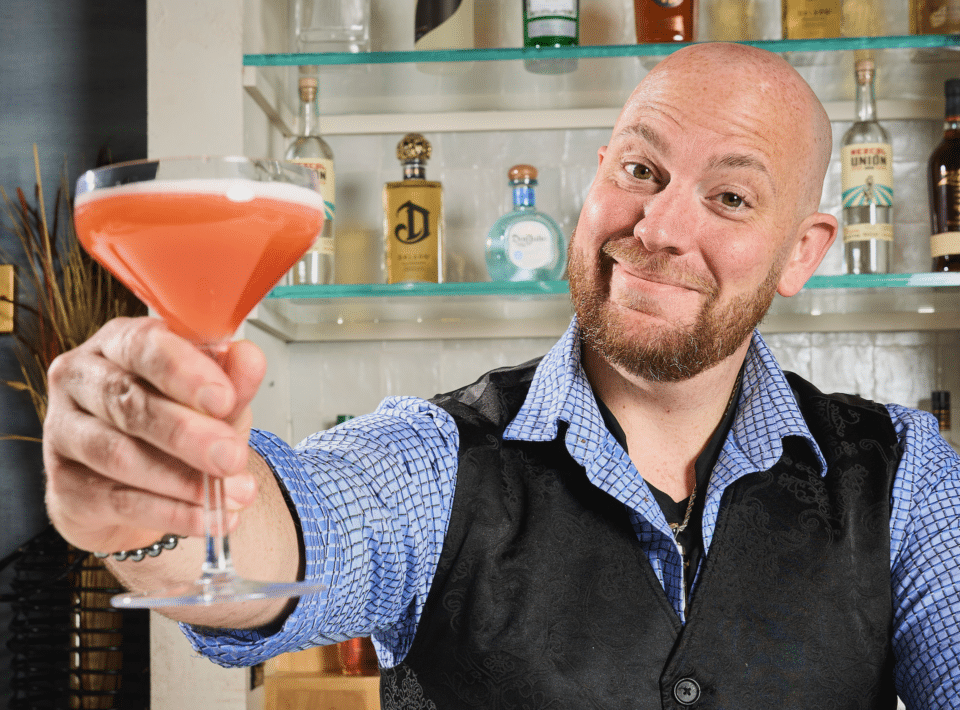Pennsylvania has earned a reputation as an amazing state for craft brewing, with growing distilling, wine and cider industries hot on the beer industry’s heels. But there’s another — albeit less mainstream — craft boozy beverage that’s making headway here, as well. Mead, made from fermented honey, is gaining its own buzz, bit by bit, as meaderies in PA continue to expand and attract new fans (see: Stone and Key, Meduseld and Haymaker, among others).
For a quick dive into some must-know facts about mead, see here, but otherwise, hear this: Mead has come so far from the thick, syrupy-sweet stuff you may have once tried at a Renaissance fair or from a friend who likes to homebrew. The new wave of mead, crafted by passionate artisans, can be elevated, thought-provoking and utterly surprising!
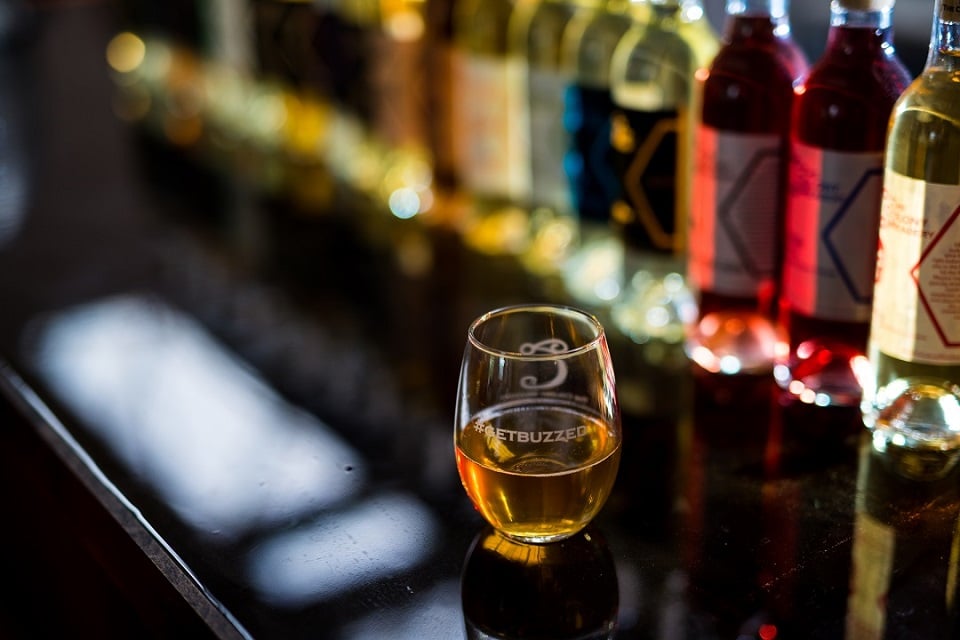
One such artisan meadery is The Colony Meadery in Allentown. Now in its fifth year, The Colony is firmly established as a destination for mead fans, craft-beverage enthusiasts and curious, open-minded food-lovers. We had the chance to chat with The Colony’s co-founder and co-owner, Greg Heller-LaBelle, a Lehigh Valley-native, about the history and evolution of the company.
PA Eats: Do you remember the first mead that you ever tasted?
Greg Heller-LaBelle: The first mead I had was in 2004 when I was in college at Pitt. My roommate and I were homebrewing a lot, and I think it’s in the nature of homebrewers to be tinkerers. After you make one or two batches of beer, you start thinking, “What else can we make?” So, that roommate and I were messing around and reading The Complete Mead Maker by Ken Schrader. We made a mead that, miraculously, turned out pretty well, so I always liked it. Mead people, for the most part, came out of the homebrewing culture, similar to what happened with cider. Technically, mead and cider are treated like wines by the law, so it was legal to make them at home after Prohibition ended, but it was really homebrewers who took to it, and less home winemakers.
The first commercial mead I had was from Redstone, a meadery in Colorado that’s been around for awhile. I tried it at the Great American Beer Festival a number of years ago.
Let’s talk about mead’s reputation. It’s not always so good. Why do you think that is?
I actually think it’s the single biggest barrier that we have. Someone has one disgusting homemade mead 20 years ago and that works its way into their consciousness … they think they hate the entire beverage. It’s kind of like if peoples’ first experience to craft cider was a really lousy under-fermented cider.
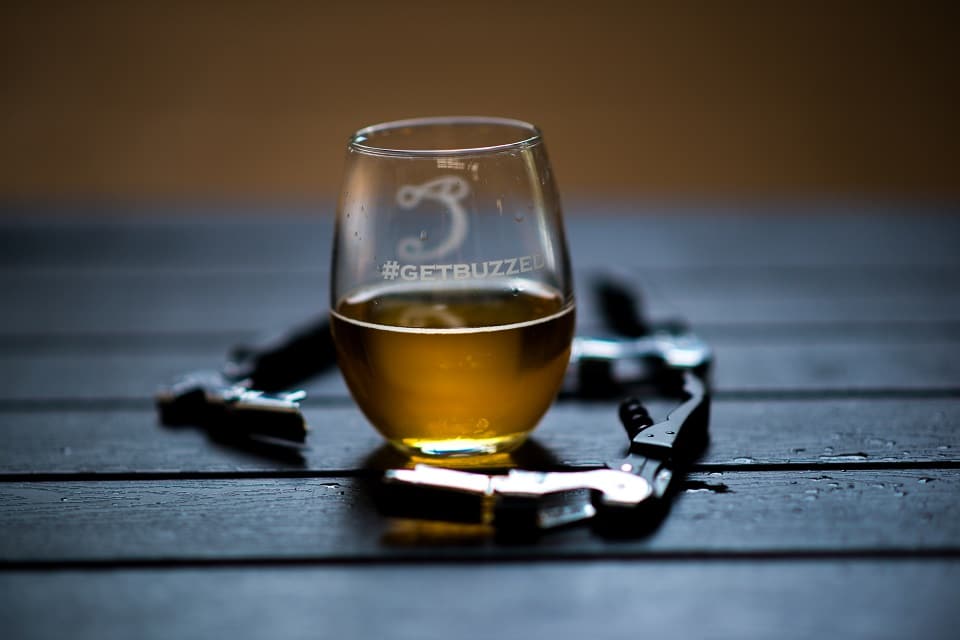
So, how did you go from homebrewer to pro mead maker?
After college, I worked in non-profit, small business, a bunch of stuff, and started writing about the craft beer world. I was one of those early beer bloggers, so I focused on the business and design decisions behind beer, and it was, in its niche, a fairly well-read blog. Like a lot of writers, you do it for free because you’re into it, then you get a little money and then you’re a freelancer. So, that’s how I followed the industry.
In 2012, I moved back to the Lehigh Valley started a beer-tasting group. We had one meeting where you were supposed to bring stuff from your cellar and share everything. This one guy, Mike Manning, didn’t have any beer and brought some of his homemade mead that had won a gold medal at a regional competition. It was the best mead I’d ever had. I asked him, “Have you ever thought about doing this pro?” And he said, “No, not really.”
I saw Mike again at another tasting and I asked if him if I was willing to invest, would he be open to thinking about a meadery? And he said, “No, not really.” I asked him why he wasn’t into it — he didn’t seem to be loving his IT job, but said he didn’t want to run a business, he just wanted to make mead. And I said, I have an MBA; if I ran a business plan would you take a look at it? He said yes, so I wrote it, and it looked pretty good.
Mike Manning and Greg Heller-LaBelle
I sat down with him, called up a friend of mine from business school who’d just taken over a business incubator in Allentown in an old Mack Truck factory. So, we sat down and I laid it all out. Mike and I shook hands and went into business together as basically total strangers.
So, 14 months of licensing and paperwork later, we opened up. We opened our doors in late fall of 2013, and then there was an ice storm for the next six weekends.
So, what was it about Mike’s homemade mead that made it the best one you’d ever had?
The word I’d used to describe it is “clean,” which is still what’s used to describe our meads. Clean and bold. Like in our Mo-Mead-O, it’s like mojito in a mead, the mint and the lime just kind of burst on your palate, it’s this huge flavor that’s immediately identifiable, and if you like those flavors it really works. It’s balanced.
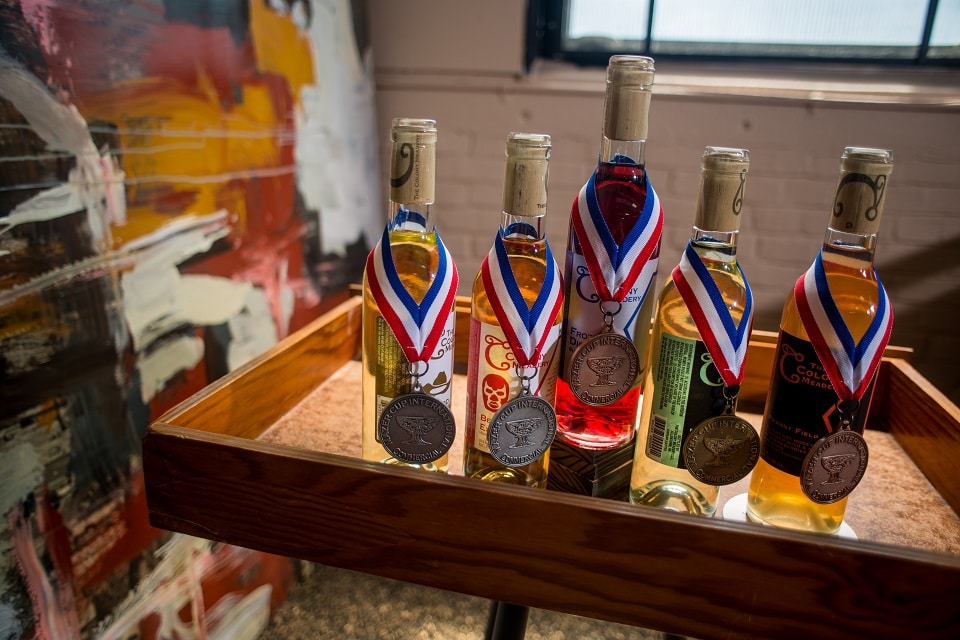
Five years is a long time in the craft beverage world. What have you seen change overall in the mead industry?
If you wanted to try mead in 2012, you were stuck with a very small number of commercial meaderies in Pa., and there were only 40 or 50 in the country. You had to go out of your way to try it, other than that, it was homebrew, some of which was good, some less good.
Now, there are about 400 in the country. In Pa., we were the fourth to be open in the state, now there’s 12 or 13, so the industry has changed dramatically. Five-years-old makes us ancient for a meadery in the States: We’ve gone from the young upstarts to the elder statesmen of the industry.
Being an early player in a field like this is very difficult, it’s on all of us in the mead world to keep pushing and growing that market. For a lot of the bars, bottle shops and distributors, the price point’s not where they want it to be, they’re not familiar with it and might not want to give it shelf space. We’ve been told a million times that they’d really rather stock a product they know is inferior but is cheaper.
In the midst of all of that industry change, what has that meant for The Colony Meadery?
We’ve grown enormously. At some point, last year, we realized that we’d packaged as much mead one week as we did in our entire first year of production. We tripled our footprint, expanded our product line, added a second tasting room (inside the Moravian Book Shop in Bethlehem) and are now distributed in three states, and we are now pushing harder in New York, and expanding to State College and other parts of Pa.
We were one of the first to be canning mead as a long-term strategy. Now, a huge part of our line is “session” meads, carbonated with lighter ABV. You still meet old-school people who tell you, “That’s not real mead!” and I agree that it does defy genre.
It’s like the first time I had a gose and was like, “What is this?!” But, by introducing people to this beverage and giving them the chance to have that experience to try something new, we can show them that mead doesn’t have to be high ABV and sweet, it can be quaffable, it can be very dry.
To try The Colony Meadery’s wares, visit its Tasting Room in South Allentown, open Thursdays from 5–9 p.m., Fridays from 4–9 p.m., Saturdays from noon–9 p.m. and Sundays from noon–4 p.m.
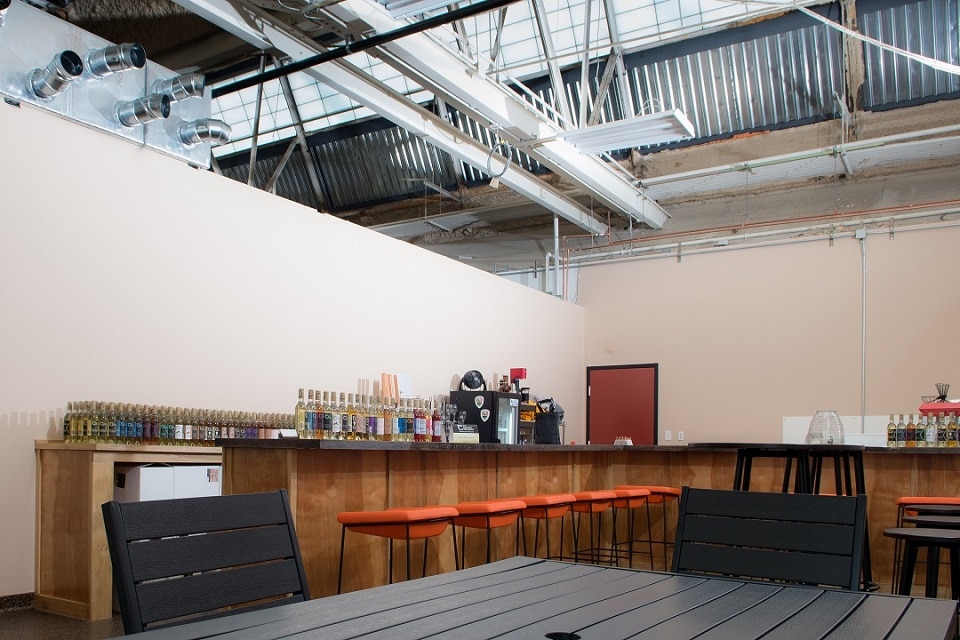
Flights, pours, growler fills and mead slushies are available, and there’s often a food truck parked outside selling snacks on the weekends. If you want to make a whole day of it, County Seat Spirits and Hijinx Brewing Company are also both located in other areas within the same repurposed factory space, known as Bridgeworks Enterprise Center, and are both worth a visit.
You can also stop by The Colony Meadery at the Moravian Book Shop, which holds hours on Wednesdays from 10 a.m.–6 p.m., Thursday through Saturday from 10 a.m.–8 p.m., and Sundays from noon–4 p.m. To find its products elsewhere, look for The Colony’s meads in some Pennsylvania Wegmans and Whole Foods Markets, as well as plenty of other locations, or shop online.
Find The Colony Meadery at 905 Harrison St., #115 in Allentown; phone: (855) 632-3669.
Find the Moravian Book Shop at 428 Main St. in Bethlehem; phone: (610) 866-5481.
- Photo: The Colony Meadery
